SIPRA
ELITE MEMBER

- Joined
- Mar 31, 2019
- Messages
- 13,549
- Reaction score
- 3
- Country
- Location
Stop smoking Bajwa hasheesh and .....
The said product is now out of market. New replacement product is "Hafiz Hasheesh".
Follow along with the video below to see how to install our site as a web app on your home screen.
Note: This feature may not be available in some browsers.

Stop smoking Bajwa hasheesh and .....

IK is a populist who at the end has used right wing rhetoric
but that doesn’t mean I will ditch civility or purely hate everyone who wears the Pakistani military uniform



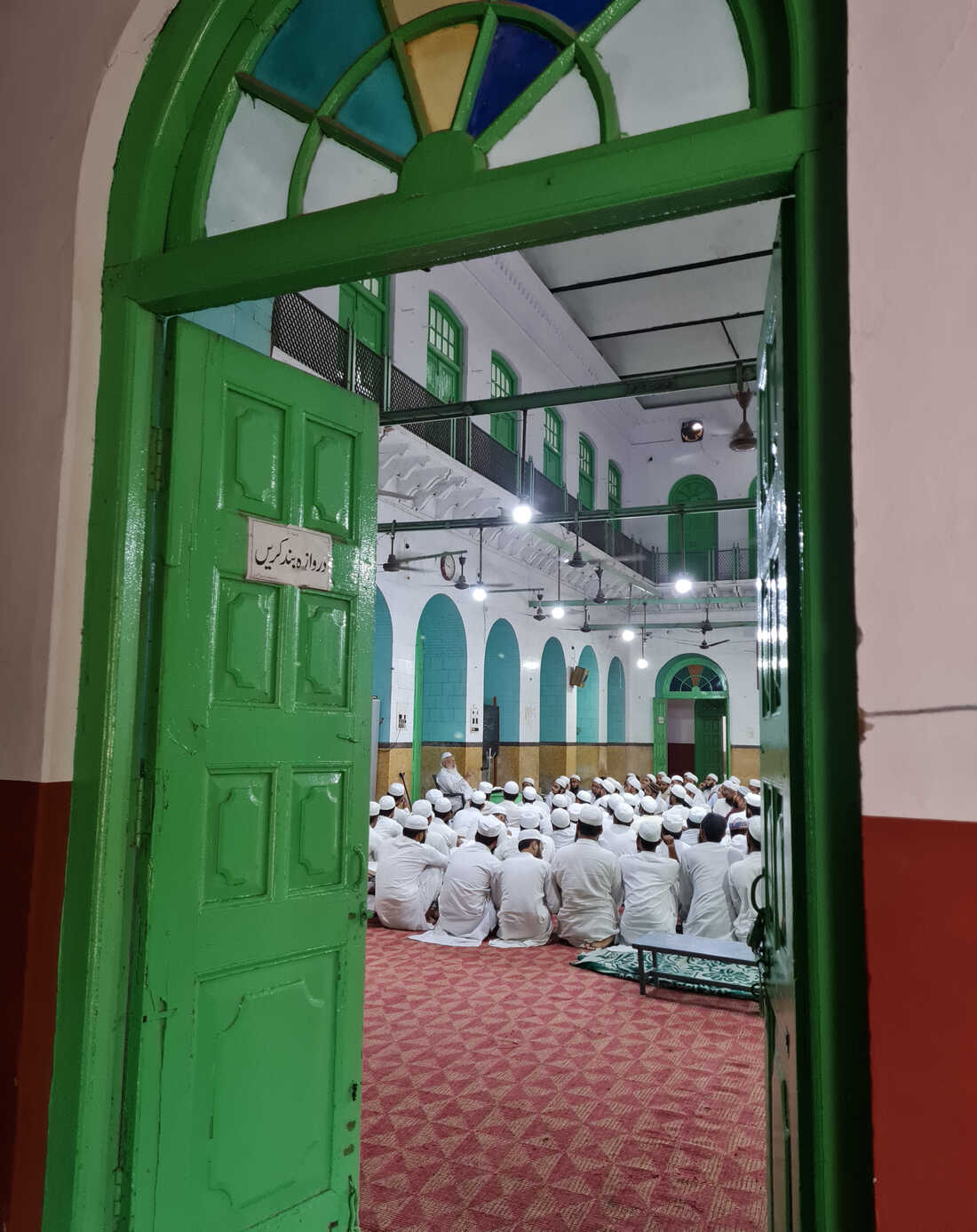
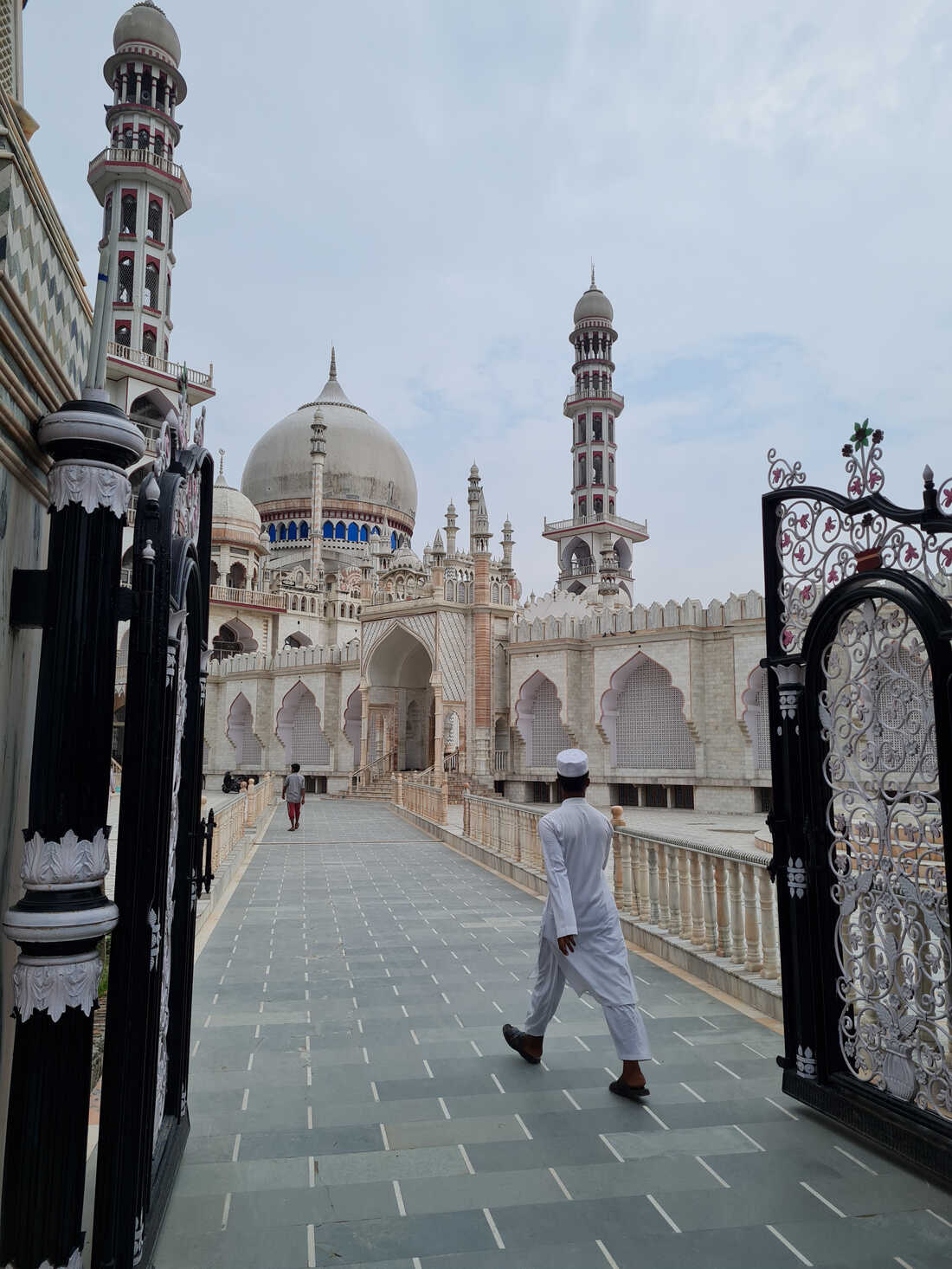
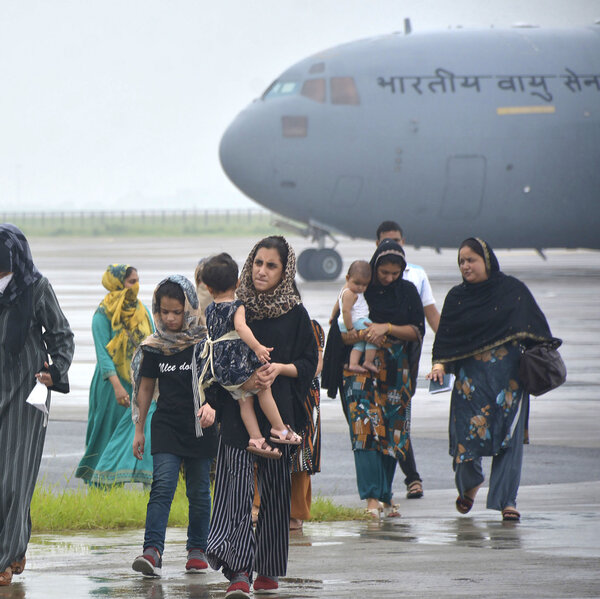
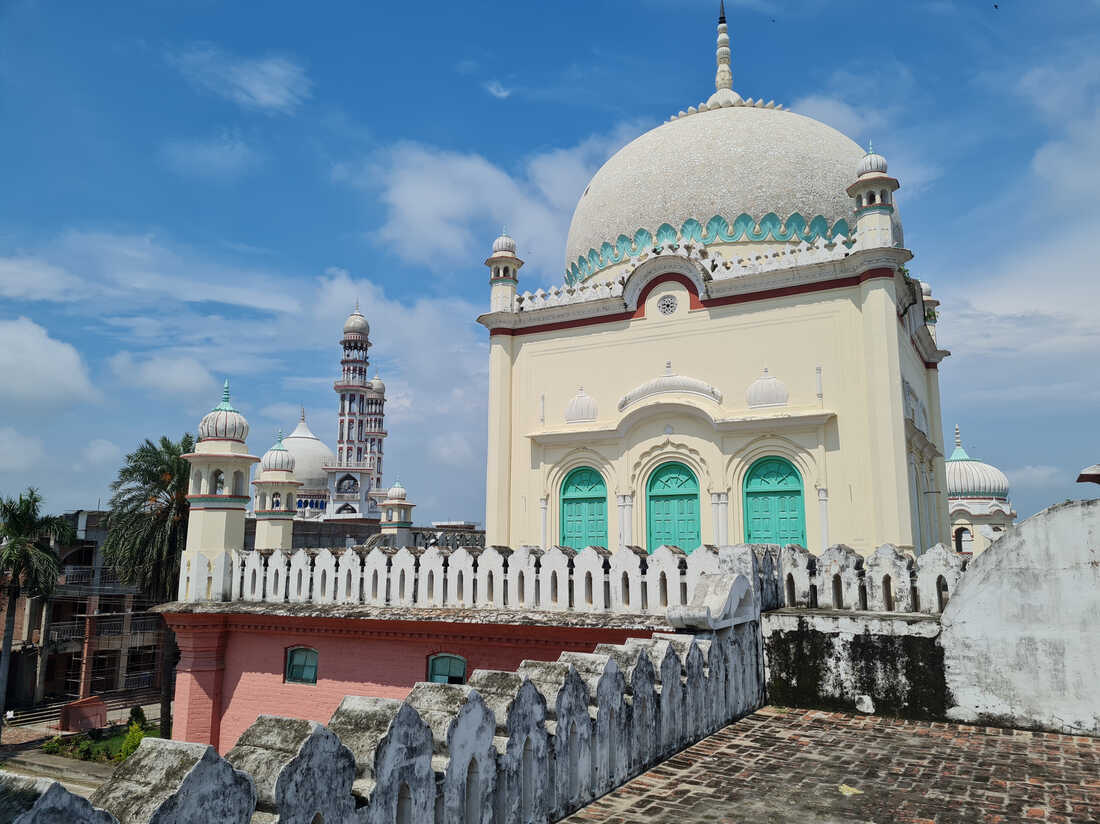
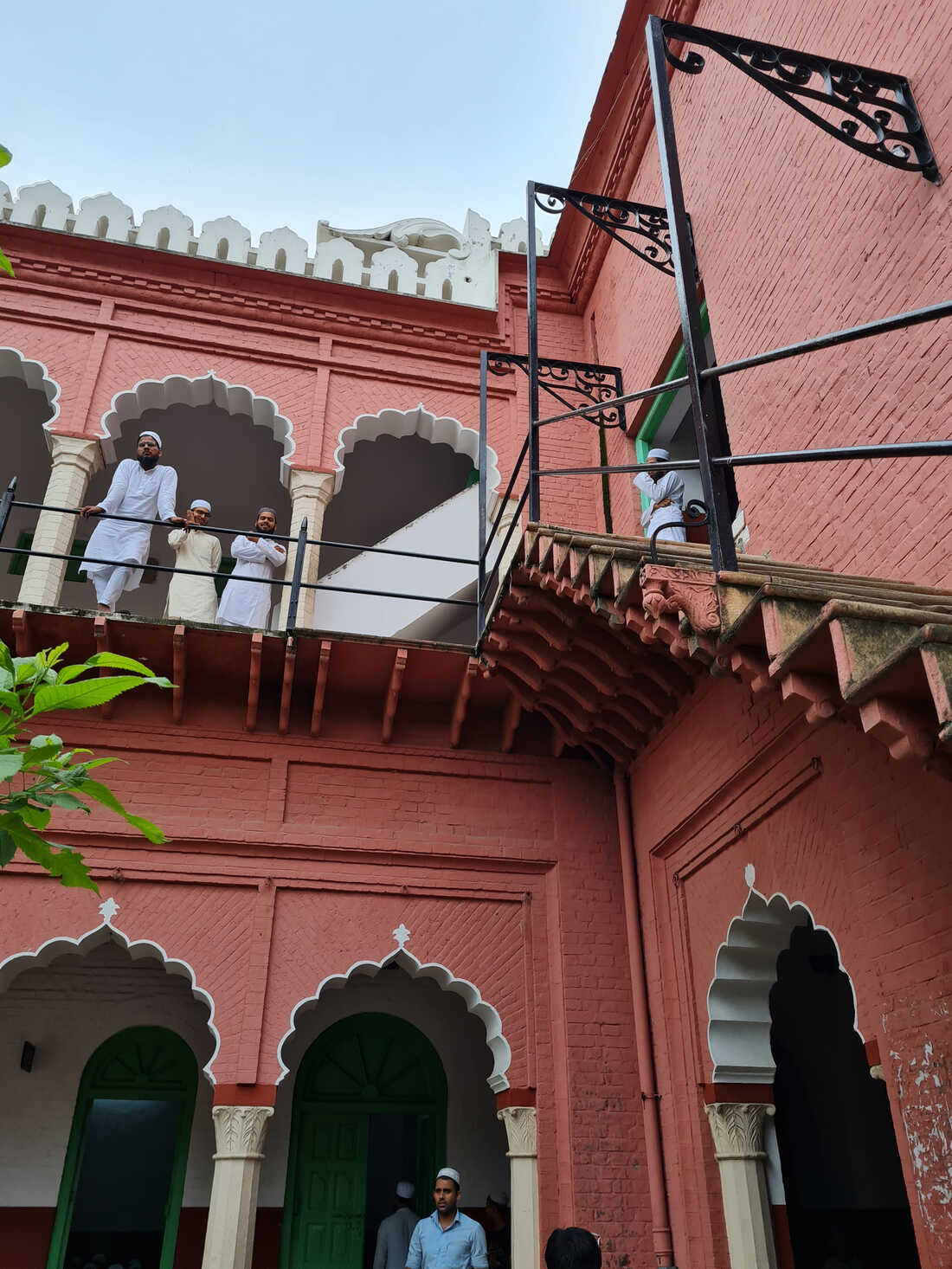
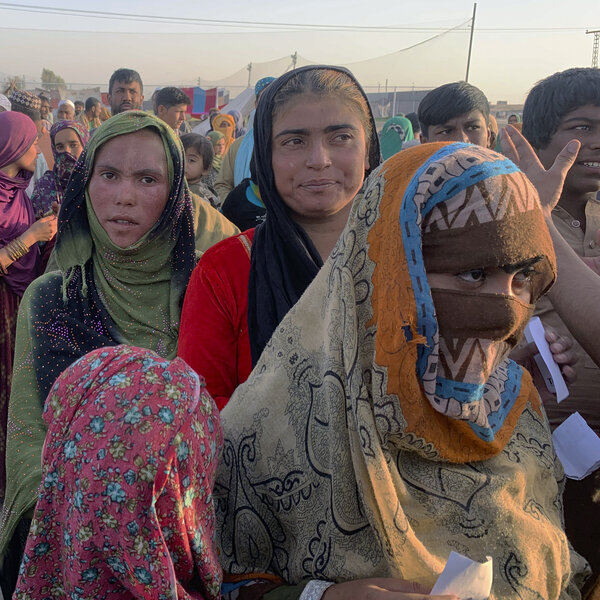
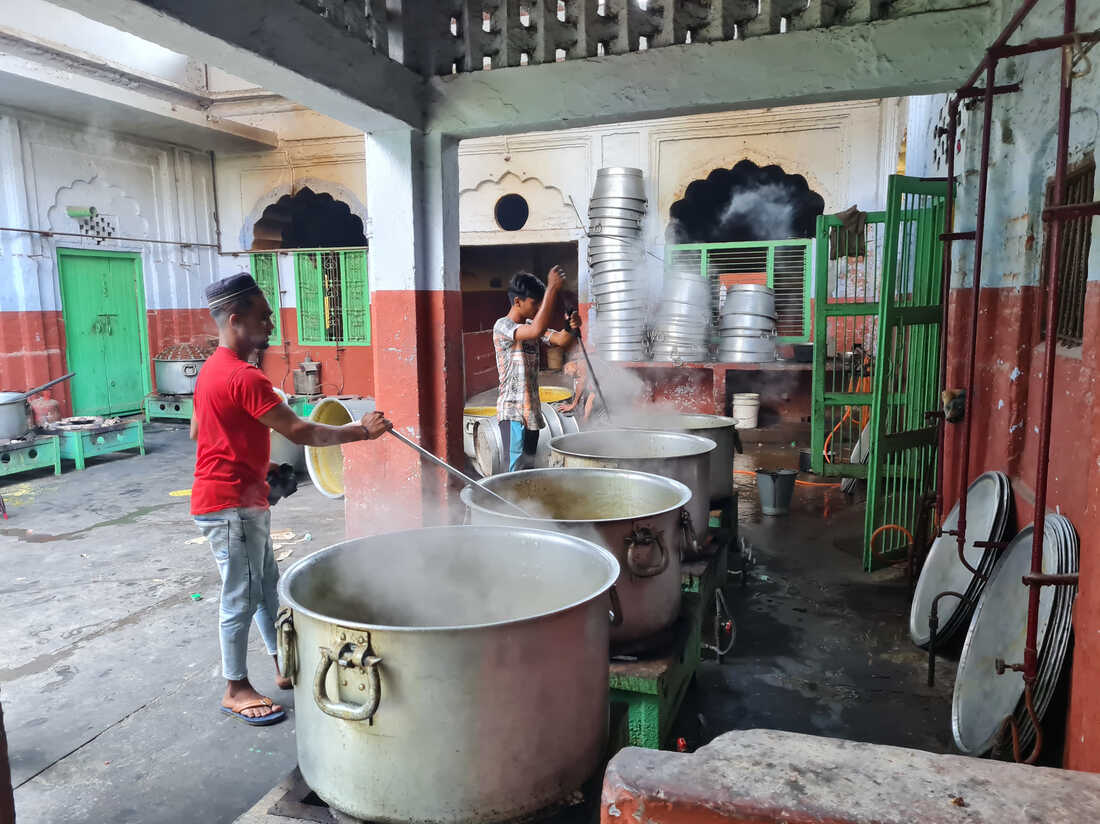
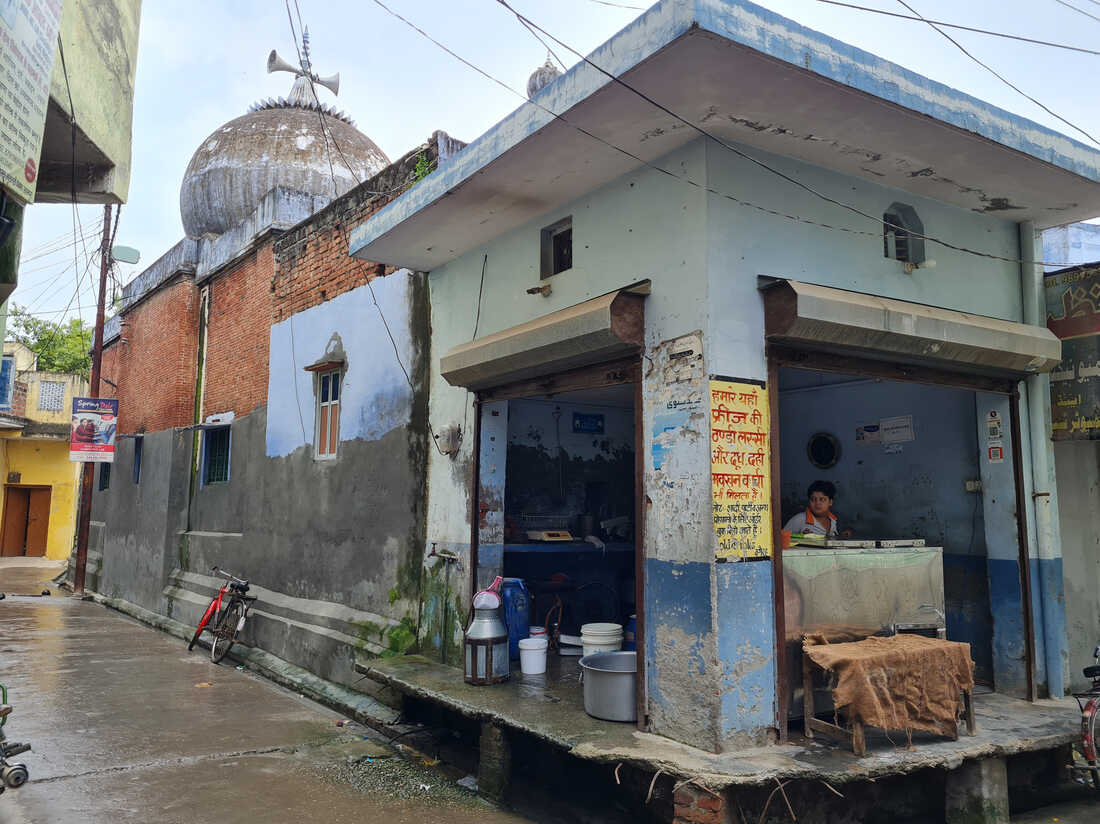

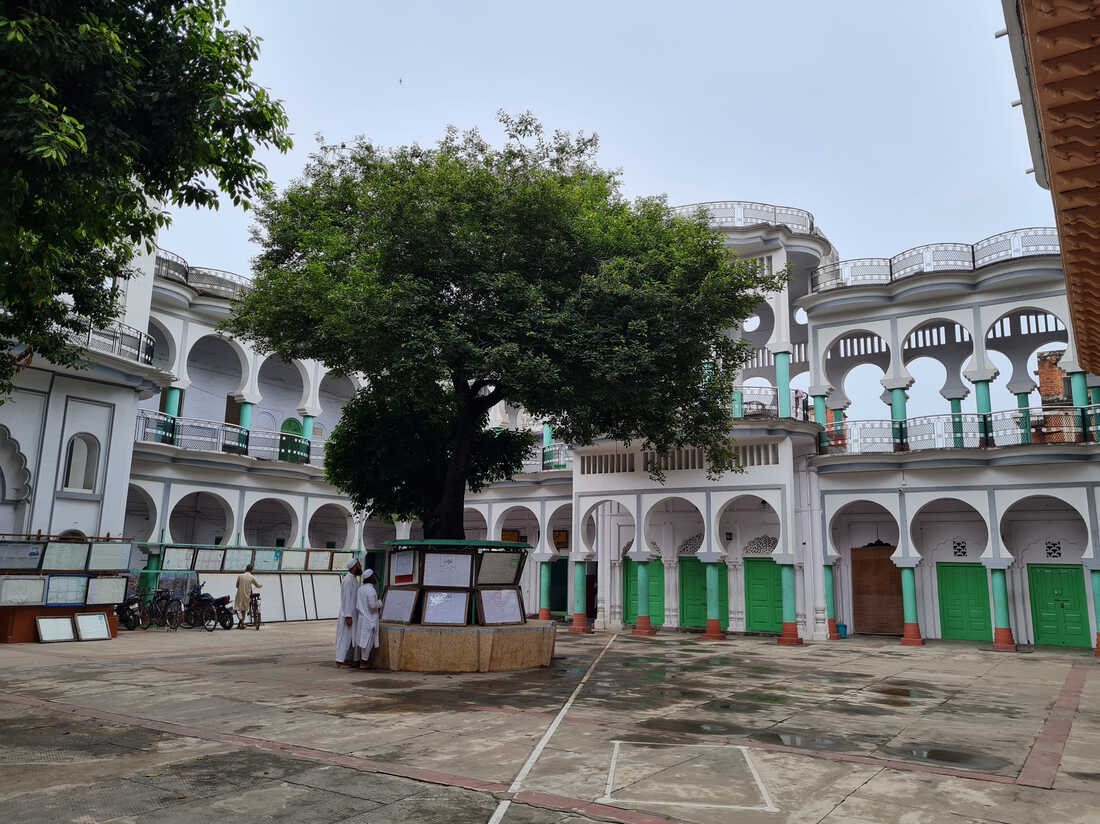

The worrying thing is all that hard work and propaganda of lumbar 1 battle-hardened fauj has faded away. It takes guts to launch operations seems the commanding officers have none to start with.
It's a shameful moment for those who have served and those who died in vain.
I mean everyone knew this would happen.
No one in this damned country has any balls.





I read and observe. Have been doing the same for ages. MP isn't some amazing genius whose words have to be taken as gospel.
If all these things are such revelations to him then he is a bloody dunce because when you have people like DGISI Assad Durrani openly stating that the establishment does things that have costs associated with it then why is it such a bloody news to MP?
The only ones high on anything are PTI supporters who think IK to be God's vicegerent on earth. I have no association with Bajwa and neither do I care about his person. I have spoken out when people have falsely and inaccurately tried to place accusations on him and the army (e.g. Bajwa committed treason - which is patently wrong!)
Coming back to your point, so I am biased but all of you PTI mob are the only ones who think on their own and are capable of arriving at sound, logical conclusions because IK said so?
All I can say is that things are never as black and white as you folks try to make them. Your binary reduction of complex matters is the reason I disagree with this PTI bandwagon on points.
Childish claims like "army is only interested in making dollars" is what exposes these farcical accusations of yours. It was no less than our Quaid-e-Azam and then LAQ who suggested Pakistan needed to align with the US for economic and military relations. Since then, that has been our national trajectory. All of Pakistani governments, similar to Khaleej, Turkey etc. have had working relations with the US. For our military, ties with the US have a strategic implication because they get access to technology and training which acts as a force multiplier against a numerically superior adversary. As such ties with the US have to be managed by both civilian and the military leadership. To manage this balance, some give and take is required.
Americans also are in the habit of dealing with us via FMS/FMF. Which means contrary to the bile that PTI supporters accuse our military of, there is never an exchange of dollars to any uniformed officer of the military. All US sales/transfers are handled through the State/Defense departments and we end up using credits, akin to non-currency vouchers, provided by the US to purchase US made equipment. This is quite unlike French as an example who let middle men operate in these types of transactions. So these stupendously silly claims of "making dollars" is outright nonsense and you should know better and if not then you should research instead of regurgitating this all the time.
Maybe then try bringing in Lender 1 back in power by defeating PDM, PMLN etc. Surely Lender 1 has been screaming on top of his lungs after lending his bottom here and there and finally getting his lended bottom rocked thoroughly
hey @PanzerKiel You remember the term Lender that was used
Couldn't find a better place to use it


Pashtun and Baloch tribes are never going to be united enough to create any Pashtunistan or Greater Balochistan. The tribals have been at each other's throat for as long as history is documented in the region. Warlords cannot give you an ounce of freedom which Pakistan offers and continues to offer ever since her inception.
As far as Punjabi superiority is concerned, it is only populist movement like PTI who have given space to Ranjit Singh worshippers like Fuwwad Chowdary and recently Pirouz Elohi.
The fassad and mischief cannot overcome the will of the people of Pakistan who stand firm with the armed forces of the country and honor their sacrifices daily. A handful of overzealous inquilabis cannot bring down the morale of the Nation.

no I belive all military defeats are due to PTI butt's cursingif you believe on these two shits then you must believe on all military defeats were due to military

no I belive all military defeats are due to PTI butt's cursing

I read and observe. Have been doing the same for ages. MP isn't some amazing genius whose words have to be taken as gospel.
If all these things are such revelations to him then he is a bloody dunce because when you have people like DGISI Assad Durrani openly stating that the establishment does things that have costs associated with it then why is it such a bloody news to MP?
The only ones high on anything are PTI supporters who think IK to be God's vicegerent on earth. I have no association with Bajwa and neither do I care about his person. I have spoken out when people have falsely and inaccurately tried to place accusations on him and the army (e.g. Bajwa committed treason - which is patently wrong!)
Coming back to your point, so I am biased but all of you PTI mob are the only ones who think on their own and are capable of arriving at sound, logical conclusions because IK said so?
All I can say is that things are never as black and white as you folks try to make them. Your binary reduction of complex matters is the reason I disagree with this PTI bandwagon on points.
Childish claims like "army is only interested in making dollars" is what exposes these farcical accusations of yours. It was no less than our Quaid-e-Azam and then LAQ who suggested Pakistan needed to align with the US for economic and military relations. Since then, that has been our national trajectory. All of Pakistani governments, similar to Khaleej, Turkey etc. have had working relations with the US. For our military, ties with the US have a strategic implication because they get access to technology and training which acts as a force multiplier against a numerically superior adversary. As such ties with the US have to be managed by both civilian and the military leadership. To manage this balance, some give and take is required.
Americans also are in the habit of dealing with us via FMS/FMF. Which means contrary to the bile that PTI supporters accuse our military of, there is never an exchange of dollars to any uniformed officer of the military. All US sales/transfers are handled through the State/Defense departments and we end up using credits, akin to non-currency vouchers, provided by the US to purchase US made equipment. This is quite unlike French as an example who let middle men operate in these types of transactions. So these stupendously silly claims of "making dollars" is outright nonsense and you should know better and if not then you should research instead of regurgitating this all the ti GOOOD,THE TRUTH AND reality well explained.out of all mud and dull we faced in this country since its birth,Ik proved still best in governance and integrity while running state affairs with even limited powers to maneuver as per his will and wish.

IK is a populist who at the end has used right wing rhetoric

Stop urging with boot rakshaks broIK never used right wing rhetoric like Trump or Bolsanaro though. He never talked about deporting people or espoused COVID denial.

Am not affiliated with any party I don't know why you throwing a hissy fit. But nice attempt.
Maybe then try bringing in Lender 1 back in power by defeating PDM, PMLN etc. Surely Lender 1 has been screaming on top of his lungs after lending his bottom here and there and finally getting his lended bottom rocked thoroughly
hey @PanzerKiel You remember the term Lender that was used
Couldn't find a better place to use it

no I belive all military defeats are due to PTI butt's cursing
